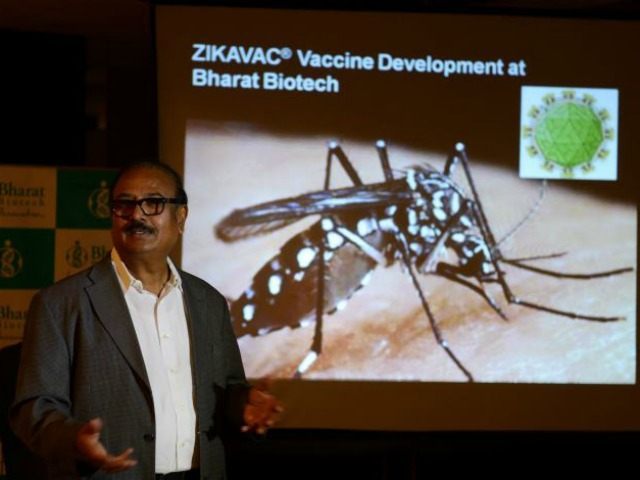The Zika virus has a long history in India, so there is much concern about the current outbreak, even though the region primarily affected is in South America, and Asia has not been affected much yet.
A few cases of infection have now been reported in Thailand and Indonesia, heightening the concern of Indian officials, especially given the large number of virus-carrying mosquitoes in the country, alongside dense human populations.
“In India particularly there is a great threat of the Zika virus spreading quickly given the presence of the Aedes mosquito and favorable environment,” warned infectious disease specialist Om Shrivastav, as AFP quotes. “It would definitely be a big challenge for Asian countries to control the spread of the virus … considering high population in the region.”
Shrivastav is based in Mumbai, which is also home to Dharavi, the biggest slum in Asia. “More than half of Mumbai’s 20 million inhabitants live in slums – at least one million reside in Dharavi alone – enduring cramped conditions, poor ventilation and a lack of toilets,” AFP notes. These conditions become particularly Zika-friendly during the summer monsoon season, when heavy rains flood the slums, leaving pools of standing water where mosquitoes can flourish.
Other experts AFP cites warn that Zika is difficult to track under the best of conditions, and would be extremely difficult to monitor in the Mumbai slums, given that a large percentage of human carriers display no symptoms.
The Times of India cites the huge swarms of mosquitoes around the Chhatrapati Shivaji International Airport in Mumbai as a particular concern and reports the state Health Department is intensifying “entomological surveillance” around the airport.
“Zika virus has the potential to spread given the geographical distribution of the mosquito vector, a lack of immunity among people and the high volume of international travel in Mumbai,” declared health official Kanchan Jagtap, adding that the airports in Pune and Nagpur would also be given extra attention.
The Times of India notes that mosquito populations have been considered troublesome around the Mumbai airport for many years, with a 2011 Health Ministry report finding the disease-carrying Aedes aegypti mosquito breeding far above “high and problematic” levels.
At the end of January, India issued a travel alert, warning pregnant women against traveling to Zika-affected countries. Zika screening for travelers returning from affected regions has already been announced, with quarantine facilities available near the major airports, including Mumbai.

COMMENTS
Please let us know if you're having issues with commenting.